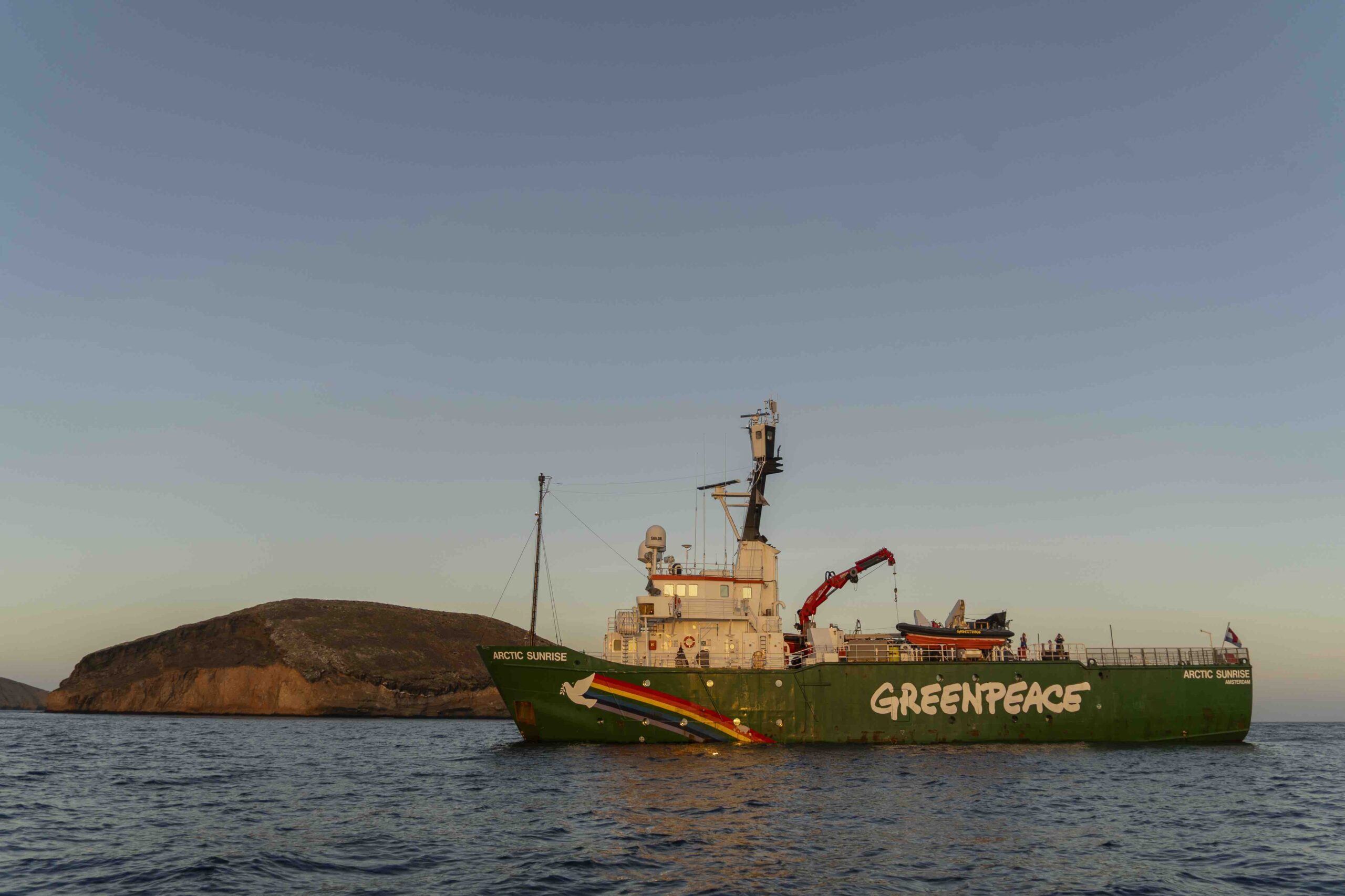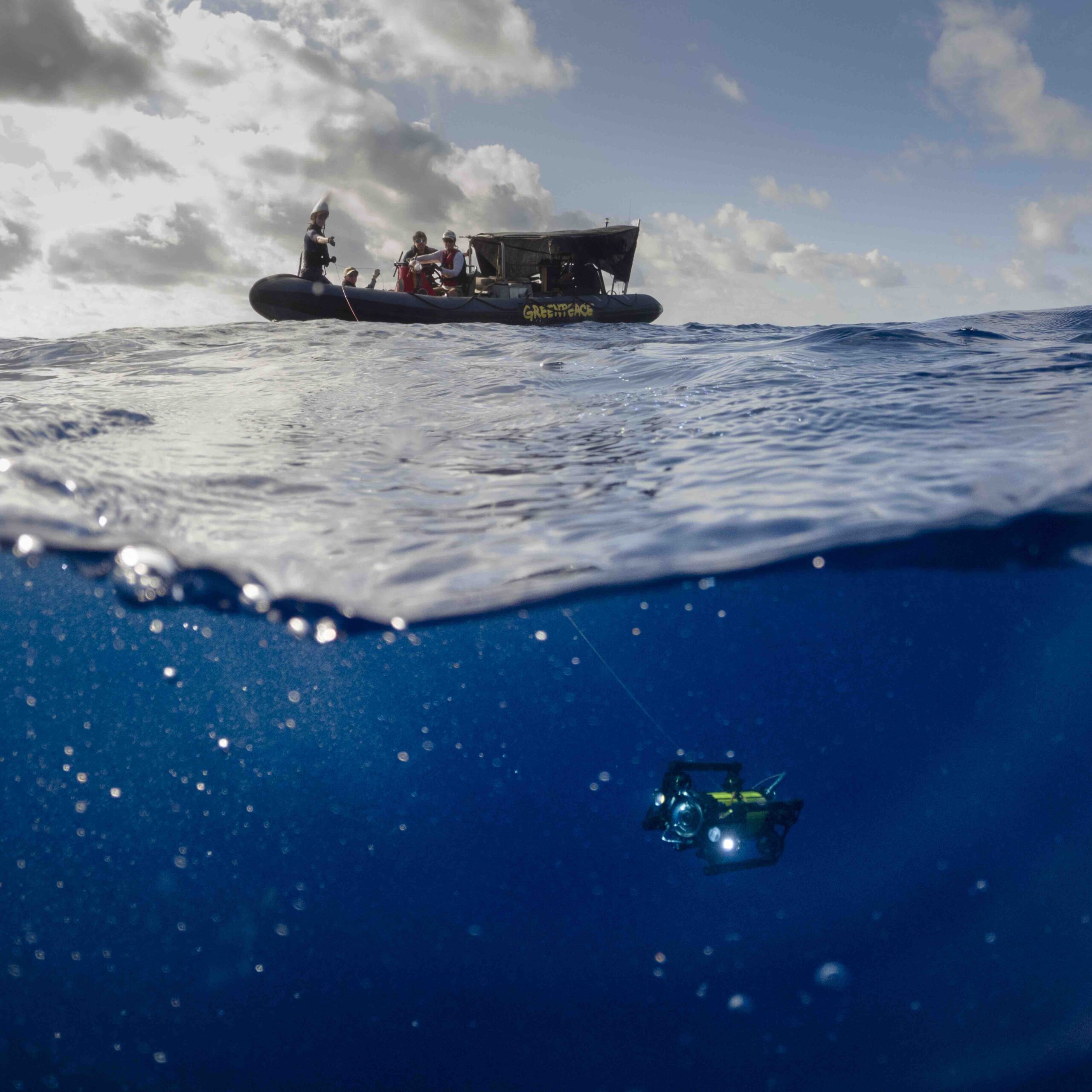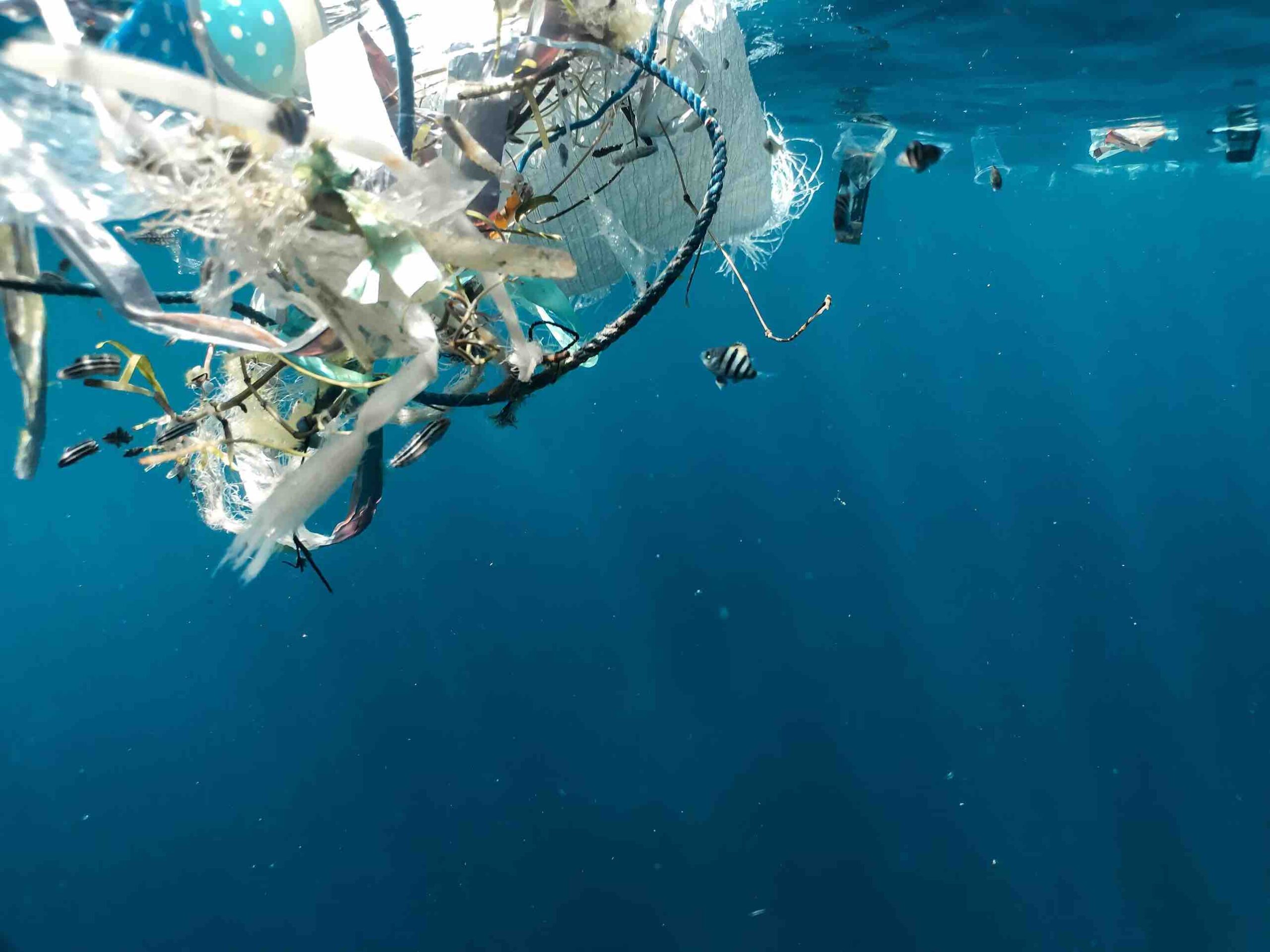Beginning in 2012, the plenary of the Galapagos Governing Council (CGREG), the highest government instance in Galapagos, voted to implement the recommendations from a study conducted by a consultant from the Galapagos National Park Directorate (GNPD) on the use of disposable plastics in Galapagos, with a focus on the t-shirt type plastic bags, to provide the baseline for an action plan to reduce their use (Diaz, 2011).
The resulting resolution (No. 011-CGREG-2012) stated that an inter-institutional commission would be established to develop an action plan and ensure its implementation. The commission, formed in 2014, included the following institutions:
- Technical Secretary of CGREG
- GNPD
- Ministry of Tourism’s Insular Zonal Coordination
- Municipality of San Cristóbal
- Municipality of Santa Cruz
- Municipality of Isabela
- WWF (World Wildlife Fund)
- USFQ-GAIAS- Galapagos Science Center (GSC)
Since then, the GSC has regularly informed the Commission and supportive groups of the most recent scientific results regarding the effects of marine plastics in the Galapagos and world´s oceans.
Juan Pablo Muñoz-Pérez, GSC resident researcher, continues his research with the GNPD under research permit Number PC-23-19. Read more, and browse documentaries, about his work on Our Researchers tab.






